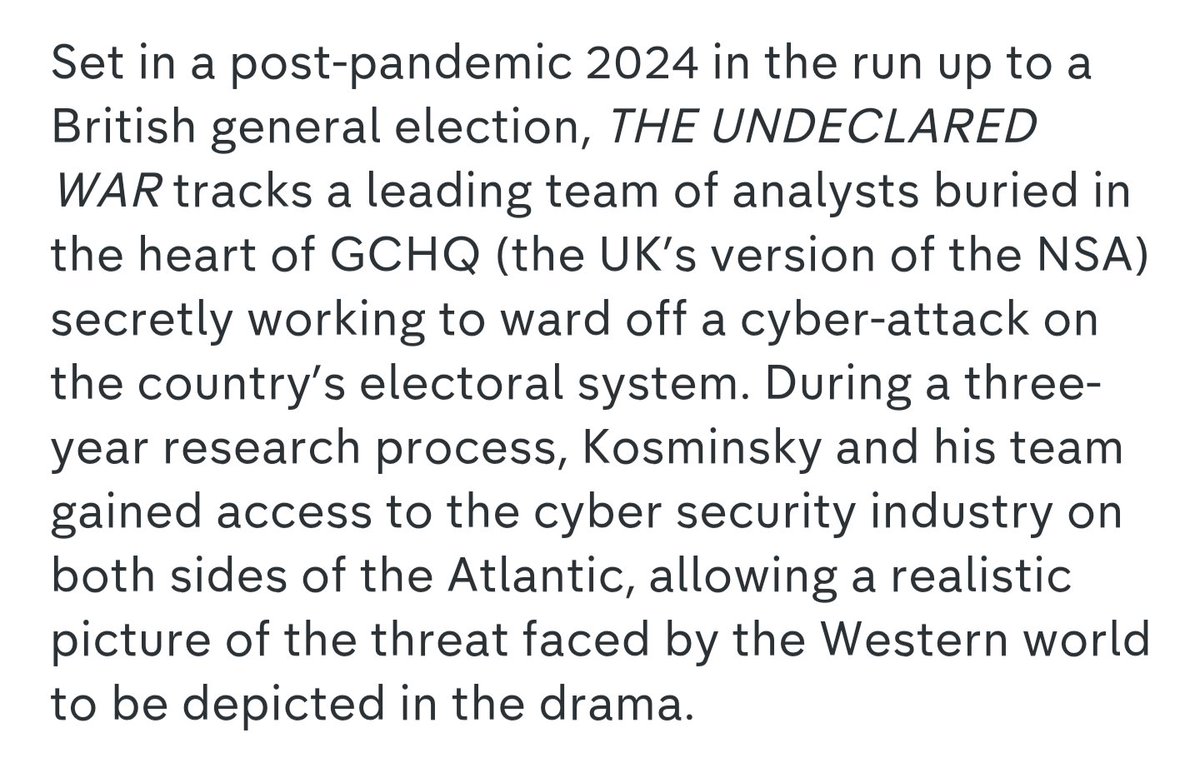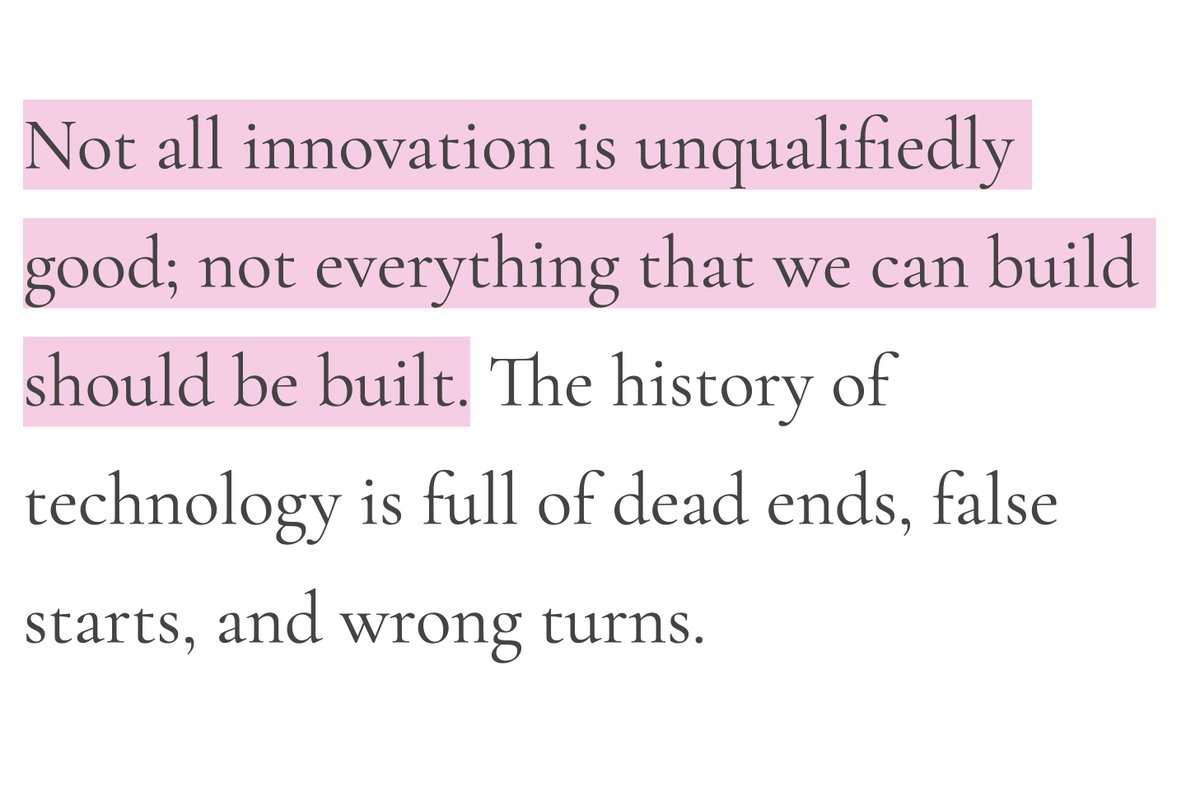> My interview with @StevenLevy of Wired re: @FrancesHaugen leaking my Facebook Engineering “Goodbye Post”
I'm posting this with password-embargo until Steven's @WIRED article is posted; but I have a message for Frances Haugen in this screencap extract.
alecmuffett.com/article/14994
I'm posting this with password-embargo until Steven's @WIRED article is posted; but I have a message for Frances Haugen in this screencap extract.
alecmuffett.com/article/14994

Frances is talking to @CommonsDCMS tomorrow, so she should have opportunity to bring this message of privacy and safety to people who would benefit from it.
/cc @DanMilmo
theguardian.com/technology/202…
/cc @DanMilmo
theguardian.com/technology/202…

Oh dear, oh dear:
>Facebook whistleblower warns ‘dangerous’ encryption will aid espionage by hostile nations
>Ex-employee has taken aim at Sir Nick Clegg and warns new encryption plans are an attempt to cover-up harmful online material
>Facebook whistleblower warns ‘dangerous’ encryption will aid espionage by hostile nations
>Ex-employee has taken aim at Sir Nick Clegg and warns new encryption plans are an attempt to cover-up harmful online material
https://twitter.com/Telegraph/status/1452294048530714631?t=_K11SqD6iOaByK4VhZkGAw&s=19
This is deeply bizarre of @FrancesHaugen - she is arguing that if Facebook willingly surrenders its ability to spy on user content — including on behalf of, say, the Chinese Government — then it cannot protect those users *FROM* the Chinese Government. 



She is literally proposing that Facebook should act in a supranational manner, and in the process should deny users from having message privacy.
I don't think she has thought this through terribly well; not to mention that one of the documents she leaked IS LITERALLY ALL ABOUT THIS, I KNOW BECAUSE I WROTE IT.
https://twitter.com/AlecMuffett/status/1452234814384443396
We are now in an exciting situation where we can pit one Facebook whistleblower against another re: E2E Encryption!
And we can also ask @FrancesHaugen if she believes that Facebook should protect UK users against malware sent by the @NSAGov or @GCHQ?
And we can also ask @FrancesHaugen if she believes that Facebook should protect UK users against malware sent by the @NSAGov or @GCHQ?
https://twitter.com/szhang_ds/status/1450140878417186816
ps: if you're interested in a thumbnail sketch of the harms which will be *caused* by banning "harmful feed algorithms", here's my take on it.
https://twitter.com/AlecMuffett/status/1451987776598065163
A question for @FrancesHaugen at @CommonsDCMS tomorrow: should Facebook be responsible for protecting #EU citizens from state-sponsored malware being deployed by @GCHQ?
theguardian.com/uk-news/2018/s…


theguardian.com/uk-news/2018/s…



If you want to read the unexpurgated DT article, this appears to have the content: archive.md/9qVz3
Here is a point which really does demand being driven home tonight:
Anyone who tells you that they know how "Facebook Messenger with Default End-to-End Encryption" will behave, is fibbing; especially re: anti-abuse features.
Anyone who tells you that they know how "Facebook Messenger with Default End-to-End Encryption" will behave, is fibbing; especially re: anti-abuse features.
https://twitter.com/AlecMuffett/status/1452372582544678919?t=fH_kEgAdNhiR9jregMvpqg&s=19
Choices of feature and "what gets launched" will still be in the air. Features can take months if not years to be shipped.
Speculate all you want but it will still just be hot air — as will any statement which declares the app to be "a recipe for disaster".
Speculate all you want but it will still just be hot air — as will any statement which declares the app to be "a recipe for disaster".
Looks like the meeting with @FrancesHaugen
and @CommonsDCMS #OnlineSafetyBill kicks off around 1430h London time.
I'm presuming that the next tranche of docs and articles will be posted a bit before then, to create dramatic tension?
parliamentlive.tv/Event/Index/cd…
and @CommonsDCMS #OnlineSafetyBill kicks off around 1430h London time.
I'm presuming that the next tranche of docs and articles will be posted a bit before then, to create dramatic tension?
parliamentlive.tv/Event/Index/cd…

Wow, just, wow. You can read this article at NYT by setting up an account (preferred) or by disabling JavaScript (NoScript?) and doing a page reload.
I'm not going to post a screenshot, there's too much to pick from.
I'm not going to post a screenshot, there's too much to pick from.
https://twitter.com/jessicalessin/status/1452441900808433667?s=21
In case you're still reading this thread, the saga continues here:
https://twitter.com/AlecMuffett/status/1452725377332297734
• • •
Missing some Tweet in this thread? You can try to
force a refresh








